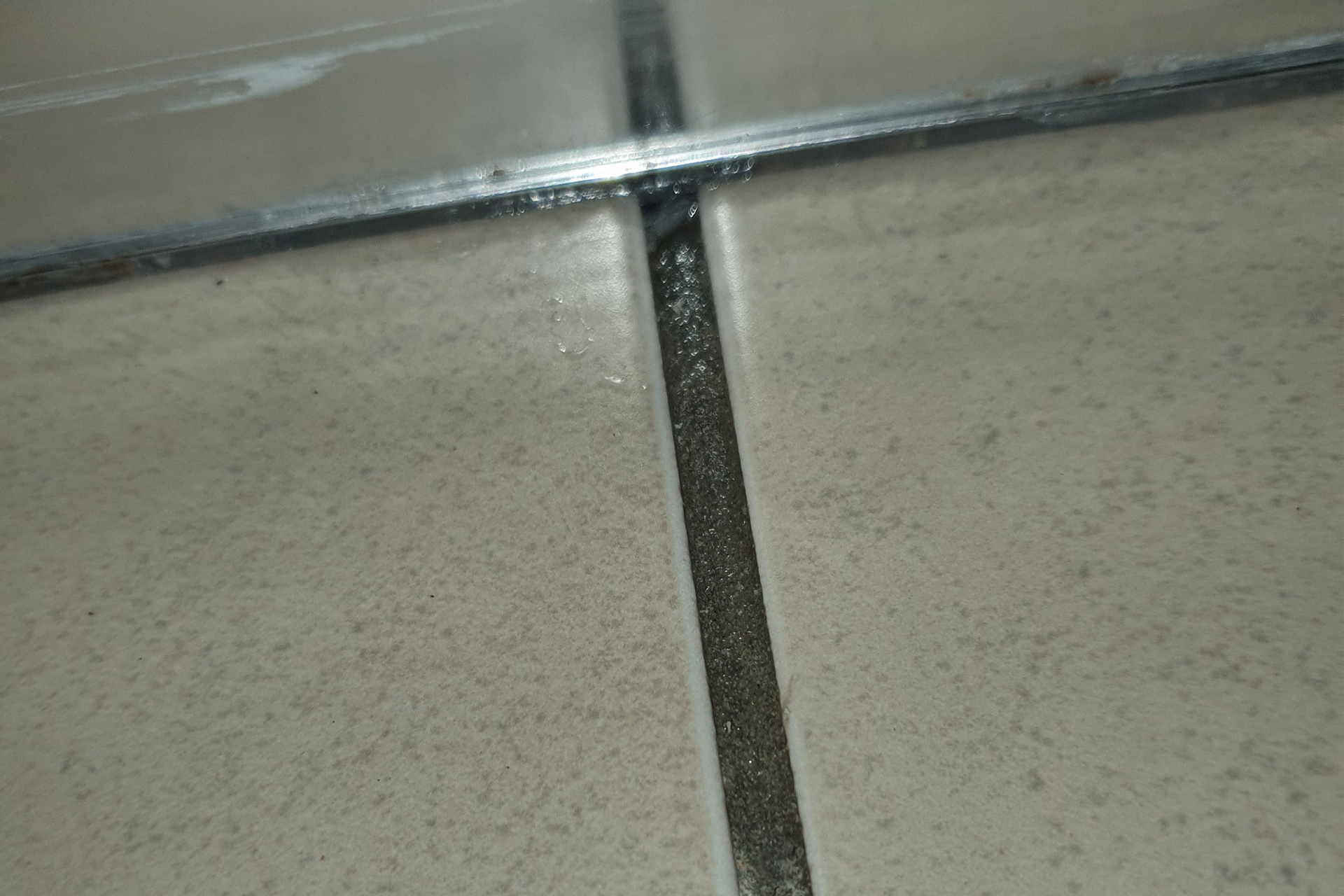Are you concerned about a possible water leak from your bathroom or shower?
We are experts at locating and repairing water leaks in bathrooms and wet areas.
Our thorough tests and reports are well-documented and often exceed insurance assessment expectations.
How do I know if my shower leaks?
Generally speaking, if there is liquid outside of the shower cubicle and appearing on the floors or walls or other surrounding building structures you may have a leak.
Some of the more common signs are the following:
- Corrosion around metal shower screen surrounds
- Mould forming and heavy staining on the shower screen glass
- Swollen timber skirt boards, gyprock and chipboard cabinets near a shower cubicle
- Lifting tiles in the shower cubicle
How does Pasfield Plumbing find leaks in a wet area?
We have developed a thorough testing method for leaking shower cubicles and wet areas that is systemised and highly accurate. We use industry-leading test methods and equipment that ensures our customers receive the most accurate and detailed test possible.
Some of the methods and equipment we use:
- Pressure testing hot and cold water supplies
- Pressure testing in wall pipeworks and combinations
- Visual camera inspection of in wall pipeworks
- Thermal imaging and testing
- Electronic moisture instrument testing
- Hot dye flood testing of membrane-style cubicles
- Glass and tile wall wash down testing
- Waste flood testing
As a homeowner, what tests can I do myself to check for a leaking shower?
There are some basic and stress-free tests you can do, as a homeowner, to narrow down what type of leak you may have.
Checking your water meter
If you have the ability to do so, check your water meter over an hour period without interruption or the use of any water. If, after this duration, there is no change to your water meter the shower leak may not be pressurised by your water pipes. It may be leaking due to waterproofing or a waste pipe issue.
Checking your taps for any water leaks
Check your tapware, shower head, hoses, and hand pieces for any visible leaks, drips, or abnormally loose-feeling fixtures. If in doubt, call your trusted plumber.
Stop using the shower for 24 hours
If you can use an alternative shower in a separate area of the house that you don’t suspect to be leaking, use this instead and let the leaking shower/wet area/bathroom sit unattended for 24 hours. If things appear to start drying up then the leakage may be from waste pipes or waterproofing.
If things stay wet the leakage ay be pressurised from the hot or cold water supplies.
What do I do if my waterproofing for the shower has failed?
Before making a decision about repairs, you need to consider how old, and in what condition, the bathroom is.
Near new
If the entire bathroom is in near-new condition, doing the minimal repairs in probably the best decision. Going to the original builder for any possible warranty is recommended.
Good
If the entire bathroom is in good condition, you can contract companies that specialise in clear waterproofing over the existing cubicle. This is a popular choice as it saves money and is less invasive compared to a renovation.
Fair to poor
If the entire bathroom is in fair-to-poor condition, you should consider doing a whole bathroom renovation to give it a fresh start with warranty.
If my shower is leaking, is this going to cost a lot of money to repair?
Depending on the age and condition of your bathroom and the nature of the leak, that will dictate the amount of work required to solve the problem. Generally speaking, if it’s a repair that can be done without the need to re-waterproof then the price should be minimal.
However, if the bathroom is in poor condition overall then you need to budget for the worst-case scenario — a new bathroom renovation.
Will my insurance company cover the repairs?
This is dependent on your policy. Most insurance companies do not cover waterproofing nor the source of the leak, only the damages caused by the leak. However, cover is all dependent on your policy.
 07 3287 1553
07 3287 1553  admin@pasfieldplumbing.com.au
admin@pasfieldplumbing.com.au 
